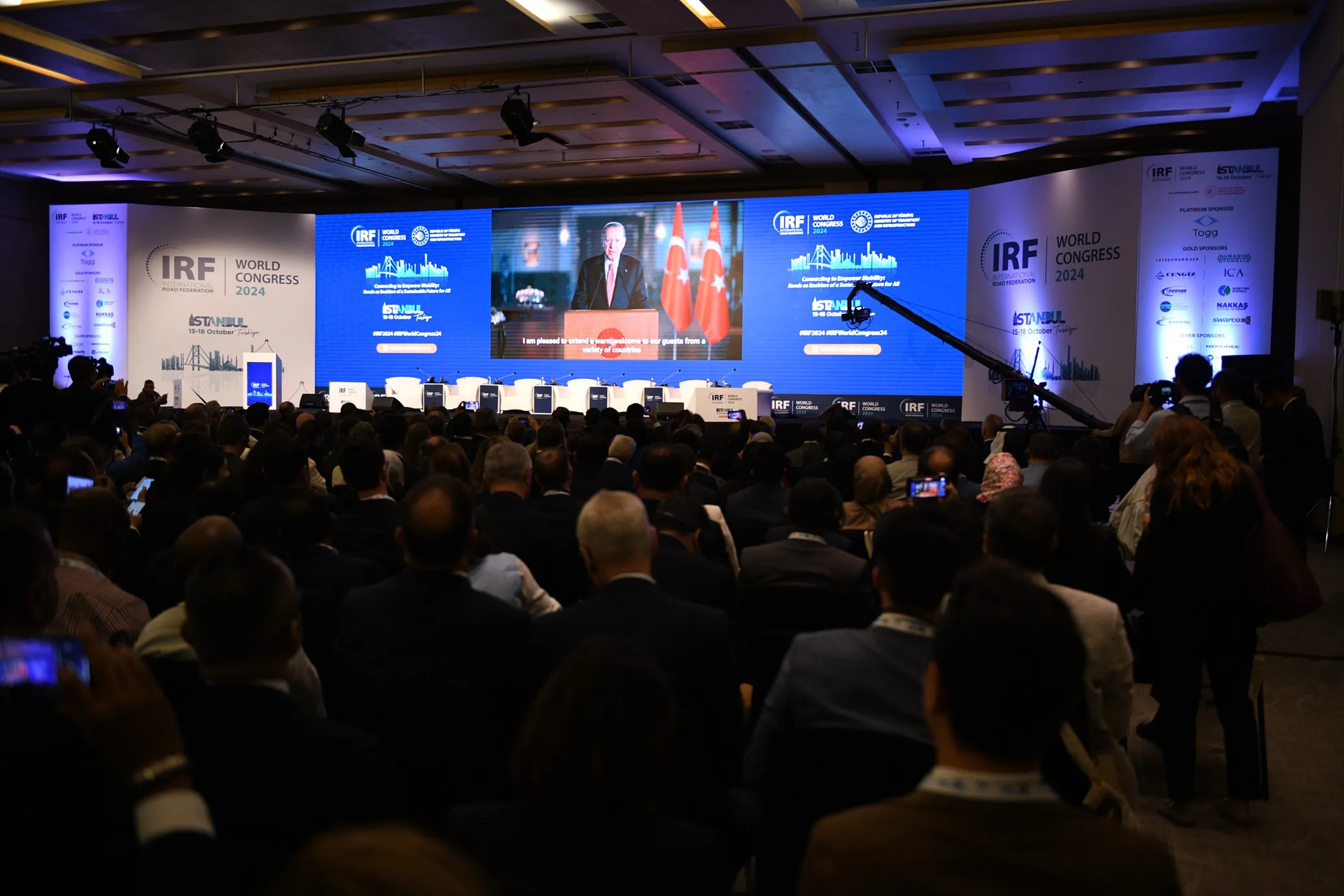The 79 GHz consortium, which is holding its first Plenary Meeting in Borås, Sweden, next week on 10 May, 2012, has issued an invitation to the event. The 79 GHz support action was launched on 1 July 2011 with the aim of establishing an international platform to define, organise, coordinate and manage the worldwide activities of all the 79 GHz stakeholders.
May 2, 2012
Read time: 2 mins
The 79 GHz consortium, which is holding its first Plenary Meeting in Borås, Sweden, next week on 10 May, 2012, has issued an invitation to the event.
The 79 GHz support action was launched on 1 July 2011 with the aim of establishing an international platform to define, organise, coordinate and manage the worldwide activities of all the 79 GHz stakeholders.
At the plenary meeting, the consortium will present an overview of its achievements and of the work that has been carried on at global level, in countries where we aim to achieve the same regulation as already adopted by the1690 European Commission in Decision 2004/545/EC - which means with same emission power specification and frequency parameters.
79 GHz activities with vehicle manufacturers and automotive supplier associations will also be brought to the table, and we will present the latest results from the Mosarim EU Project, as well as radar bandwidth requirements for new ADAS functions.
With this Plenary Meeting, the 79 GHz consortium says it wishes not only to present the progress of the work done, but also to foster discussions among stakeholders.
For further information and to register for the event, visit www.79ghz.eu.
The 79 GHz support action was launched on 1 July 2011 with the aim of establishing an international platform to define, organise, coordinate and manage the worldwide activities of all the 79 GHz stakeholders.
At the plenary meeting, the consortium will present an overview of its achievements and of the work that has been carried on at global level, in countries where we aim to achieve the same regulation as already adopted by the
79 GHz activities with vehicle manufacturers and automotive supplier associations will also be brought to the table, and we will present the latest results from the Mosarim EU Project, as well as radar bandwidth requirements for new ADAS functions.
With this Plenary Meeting, the 79 GHz consortium says it wishes not only to present the progress of the work done, but also to foster discussions among stakeholders.
For further information and to register for the event, visit www.79ghz.eu.








